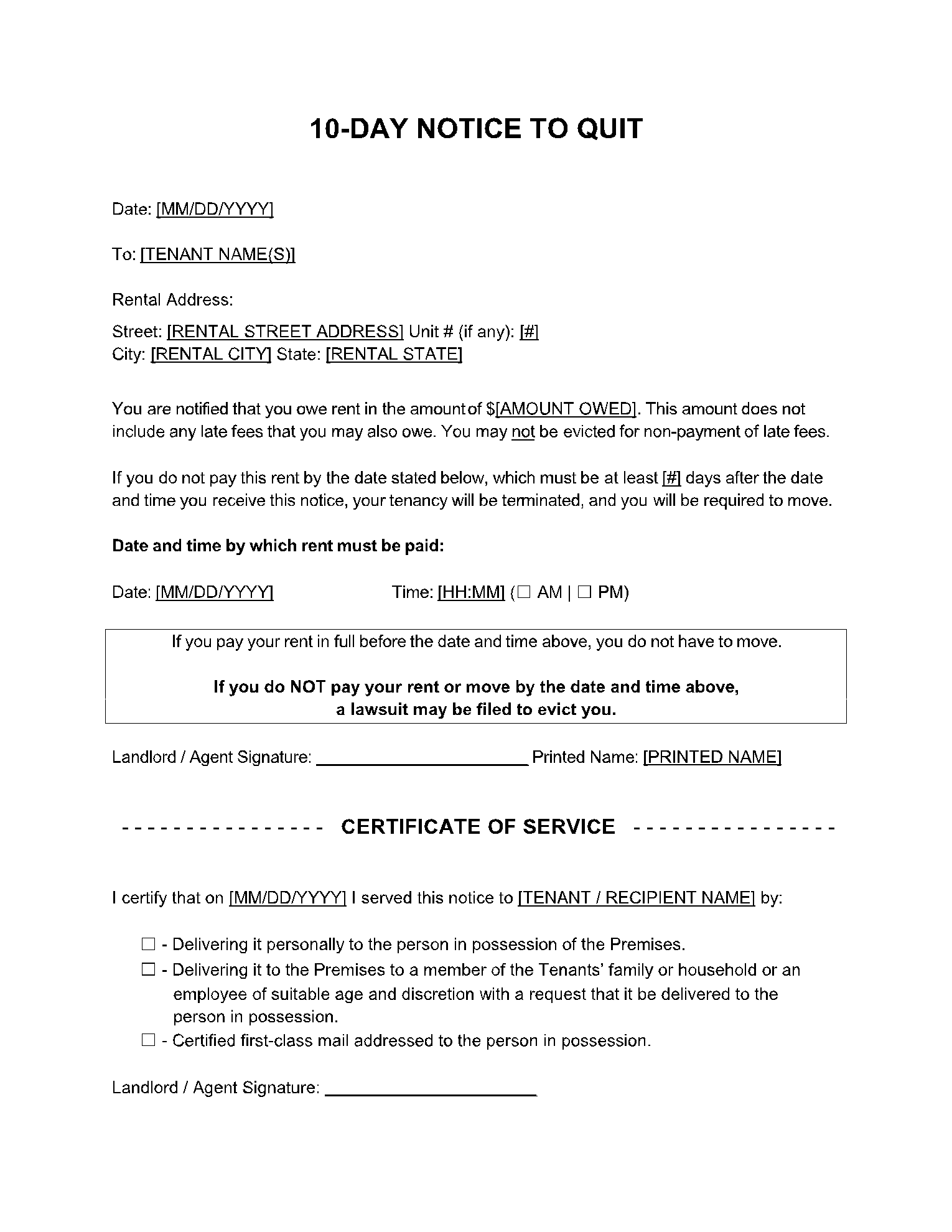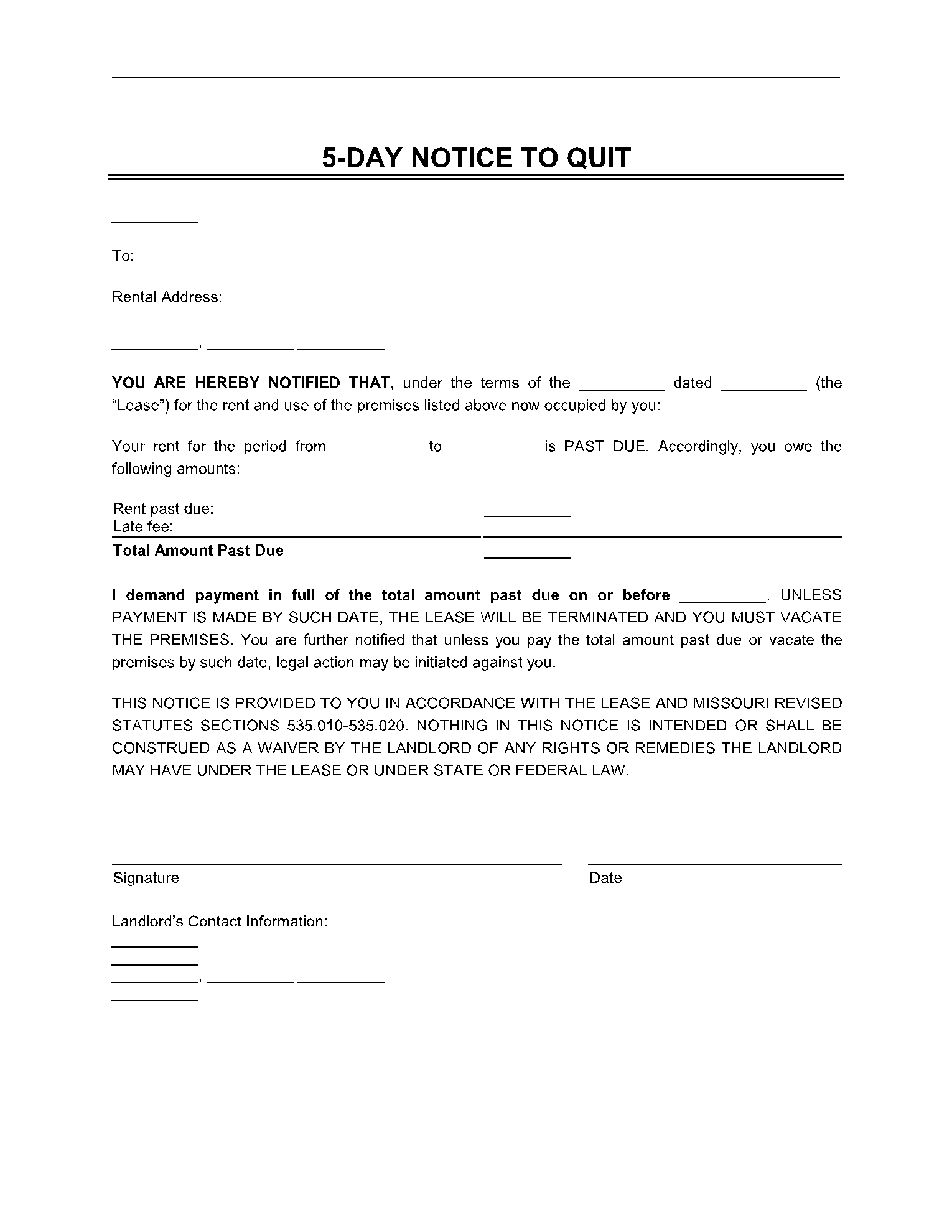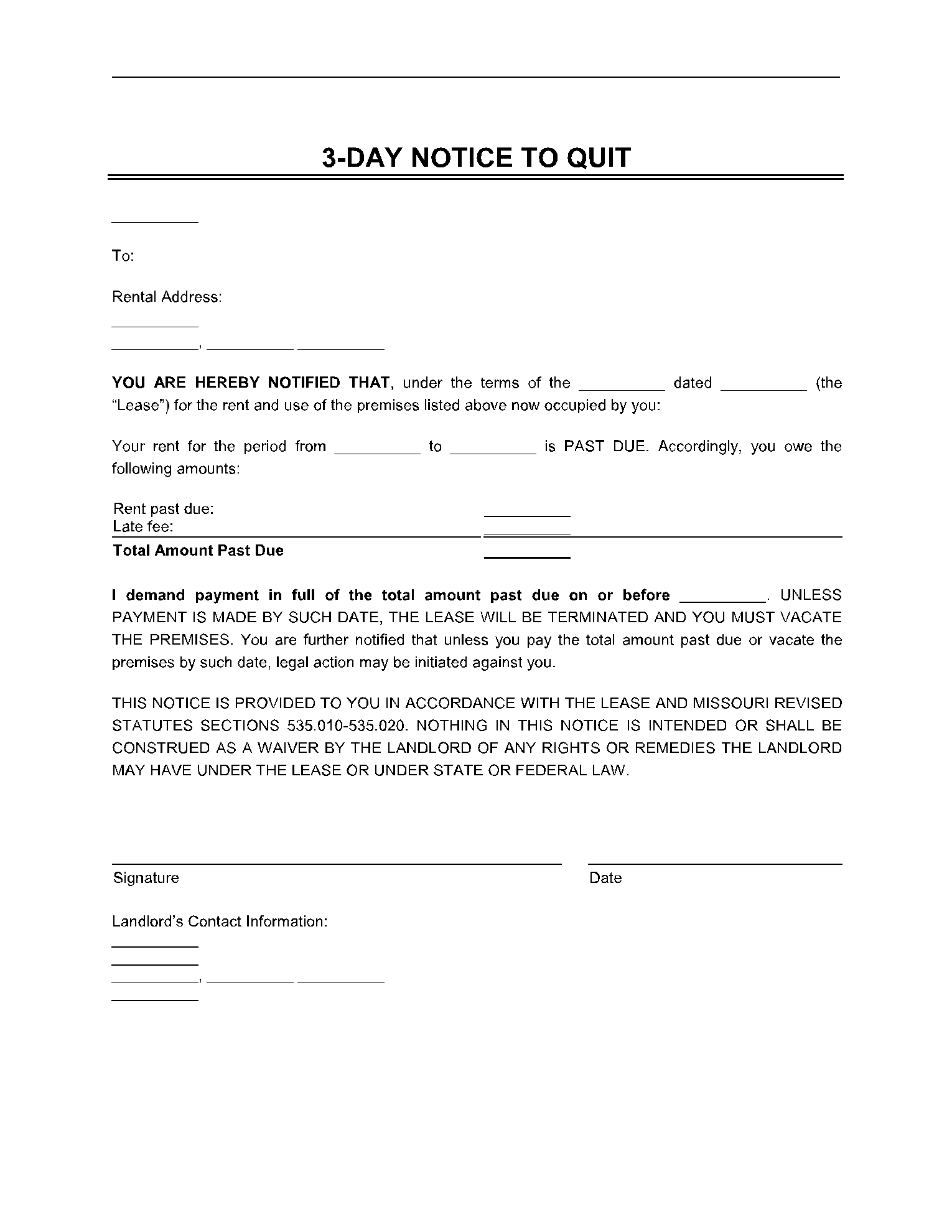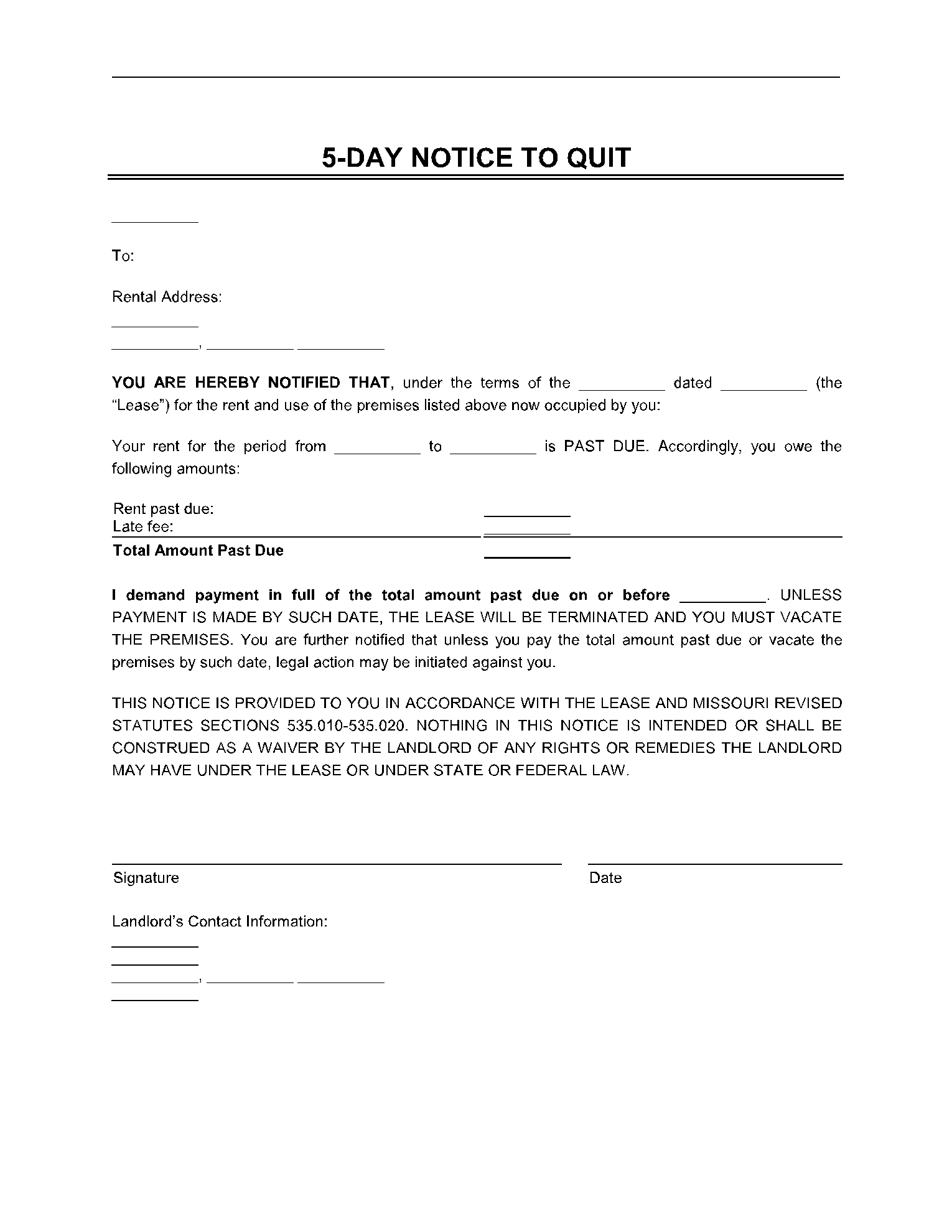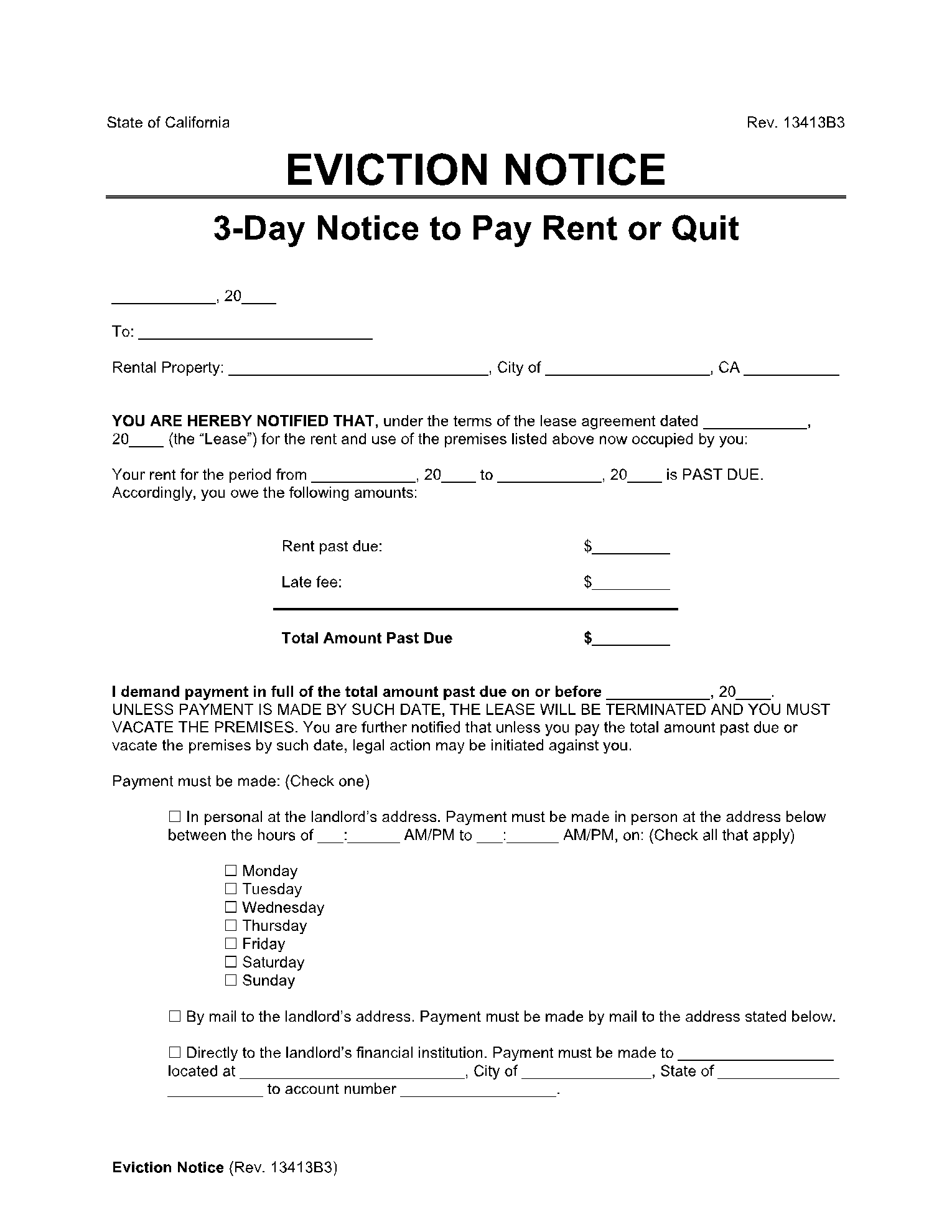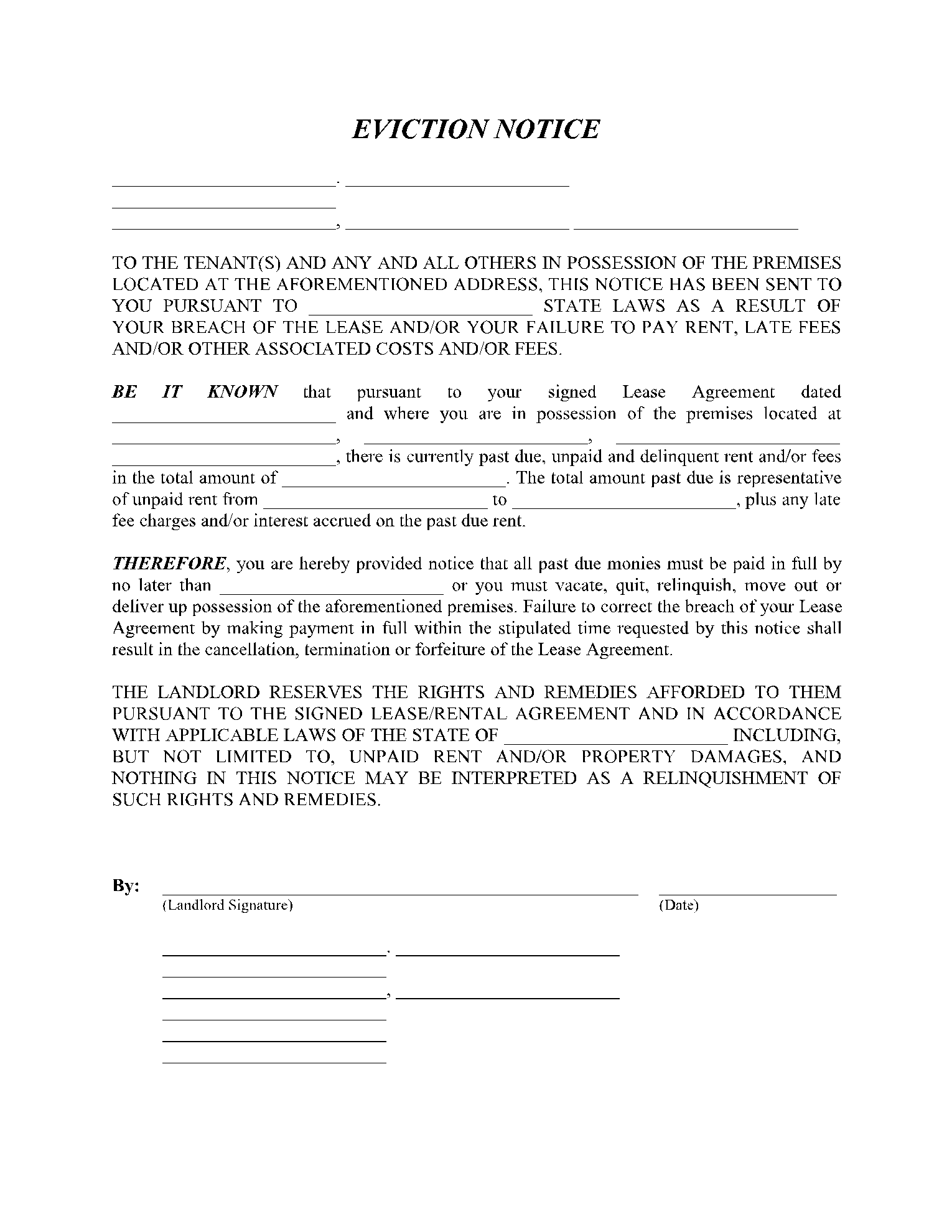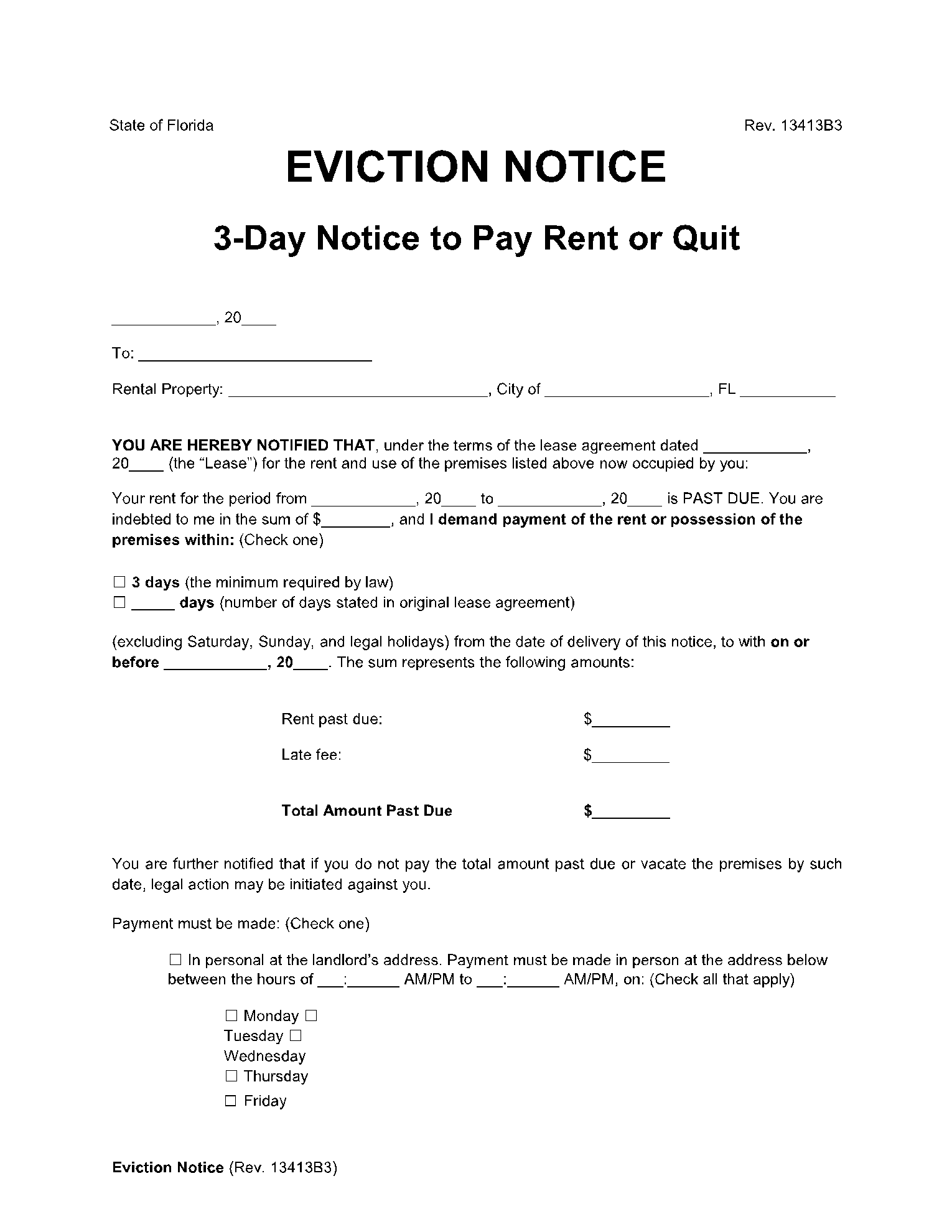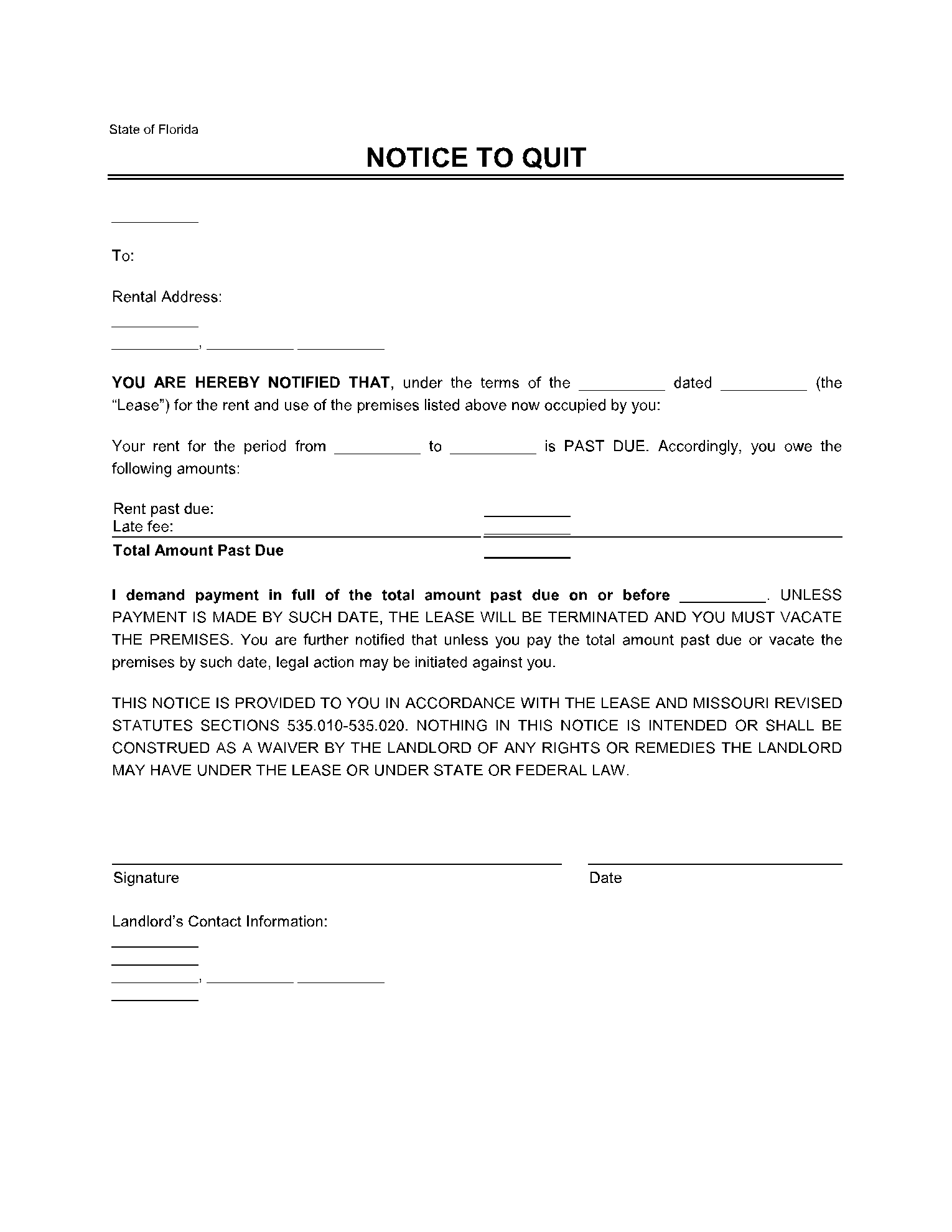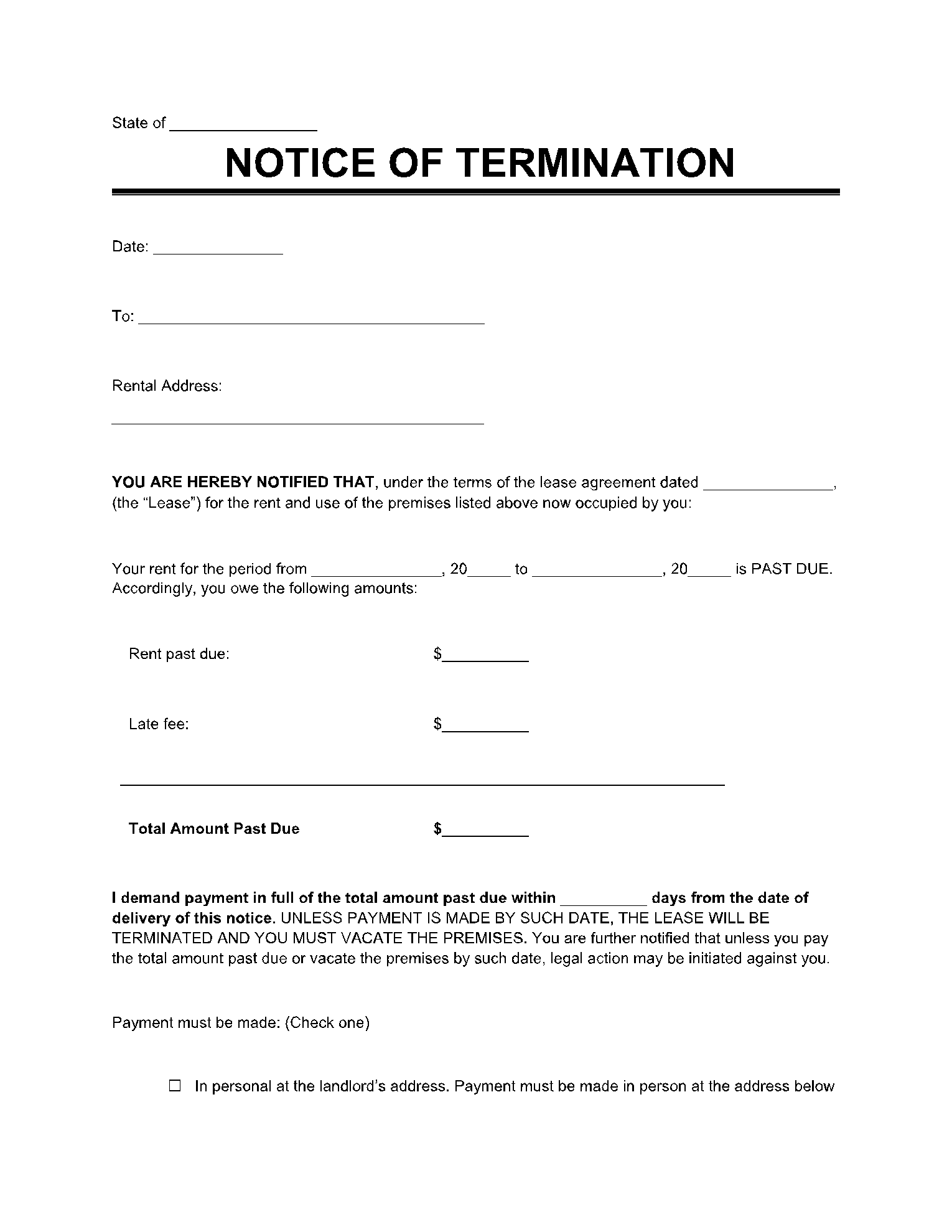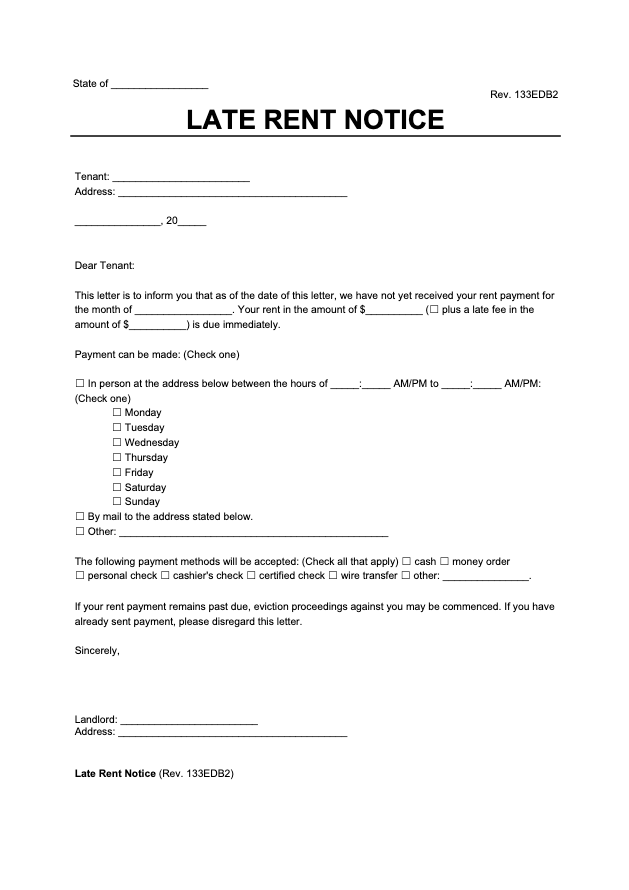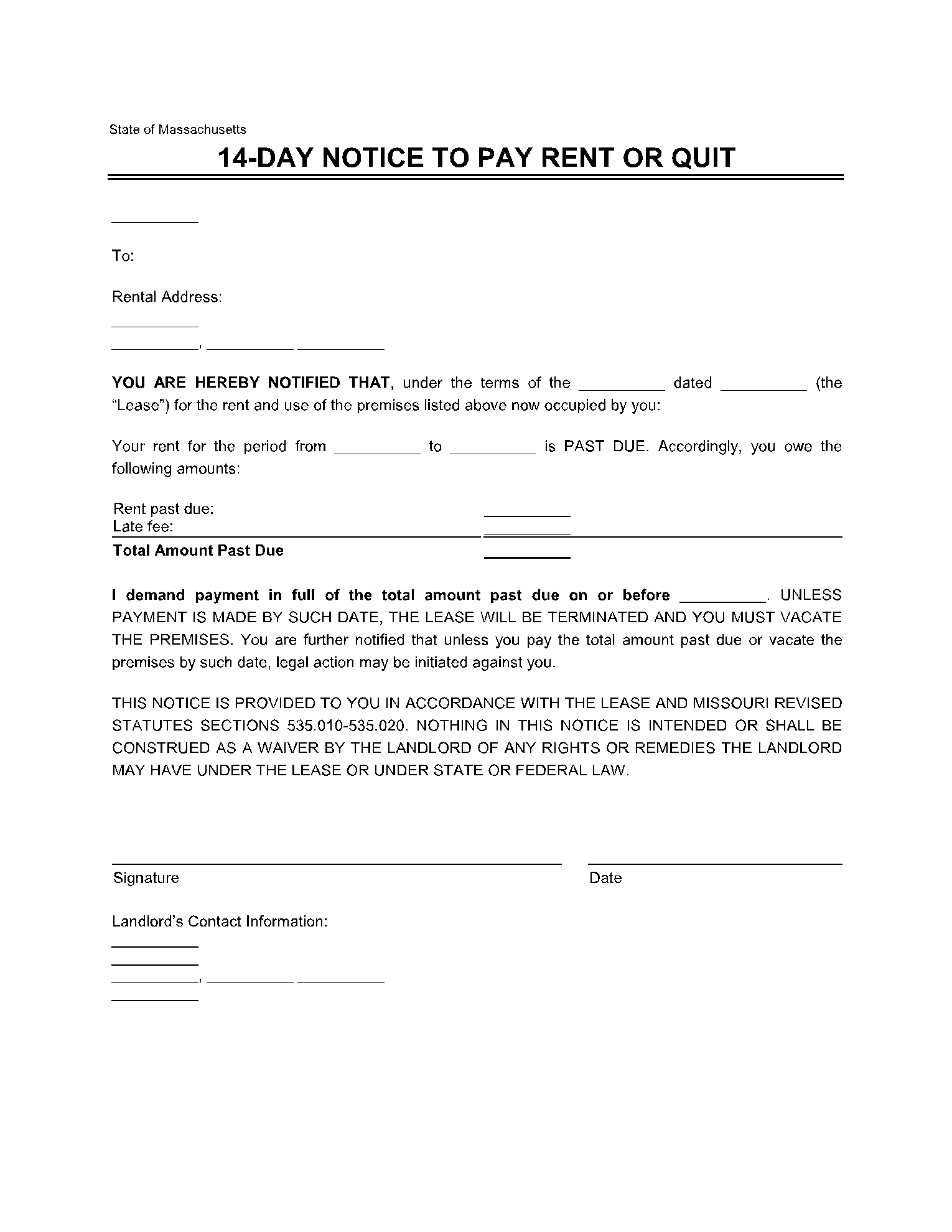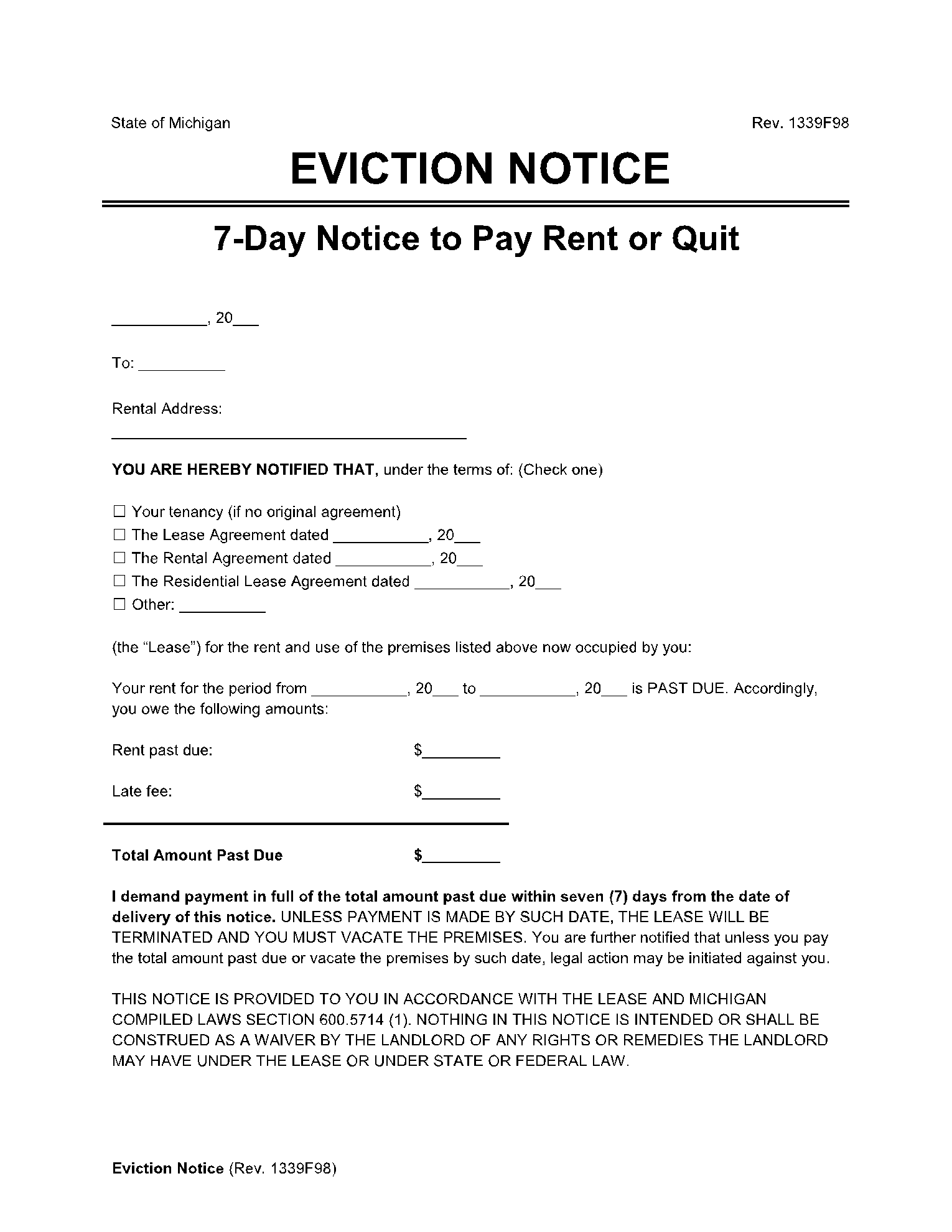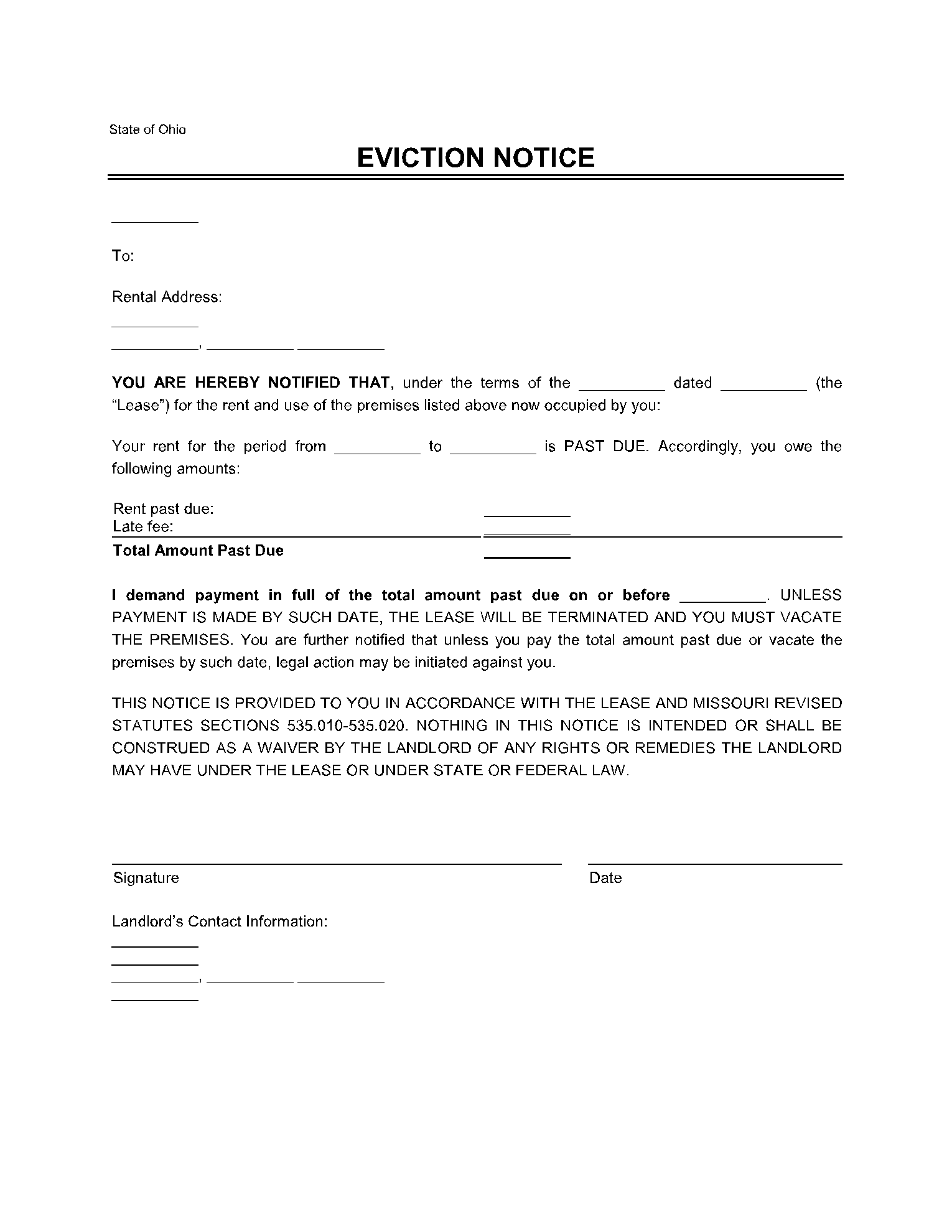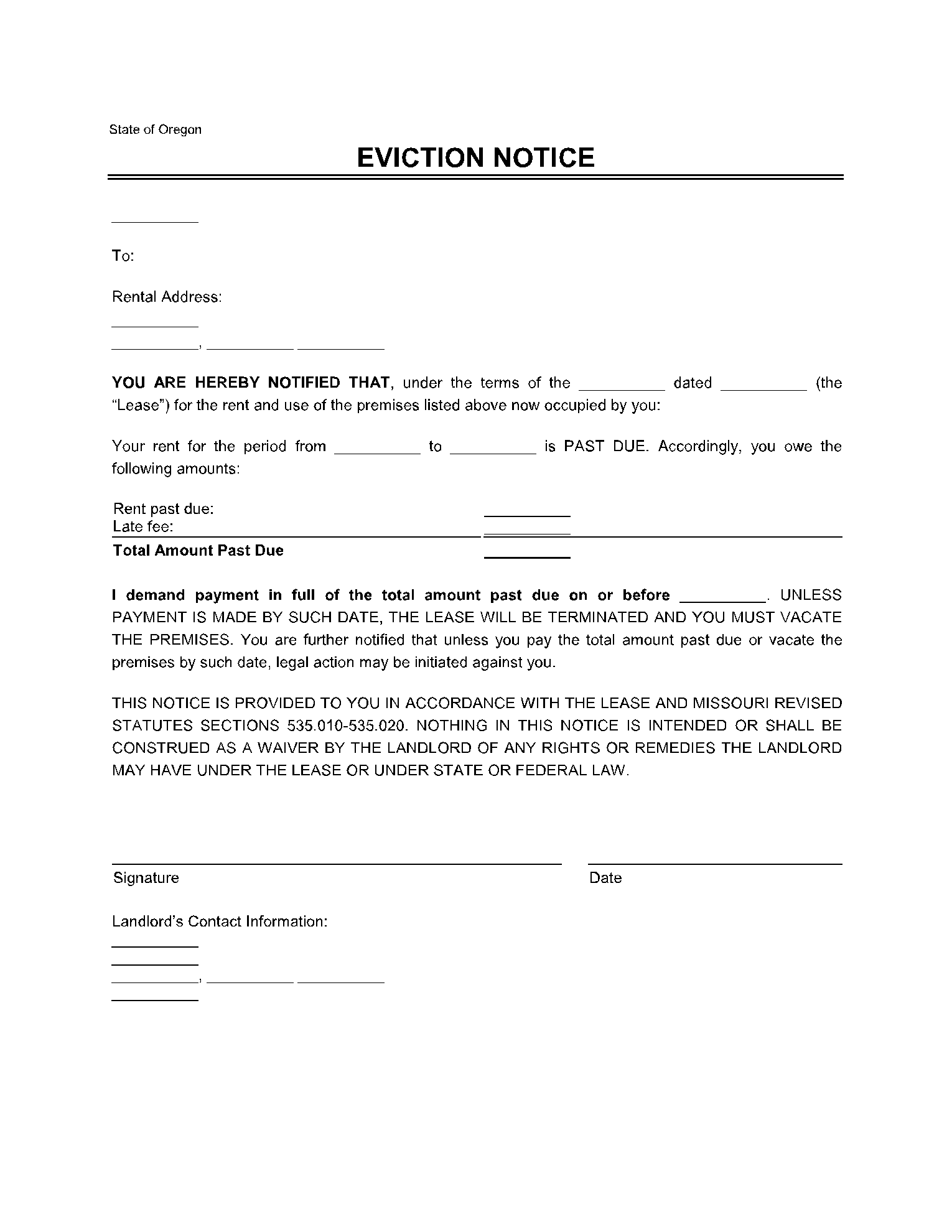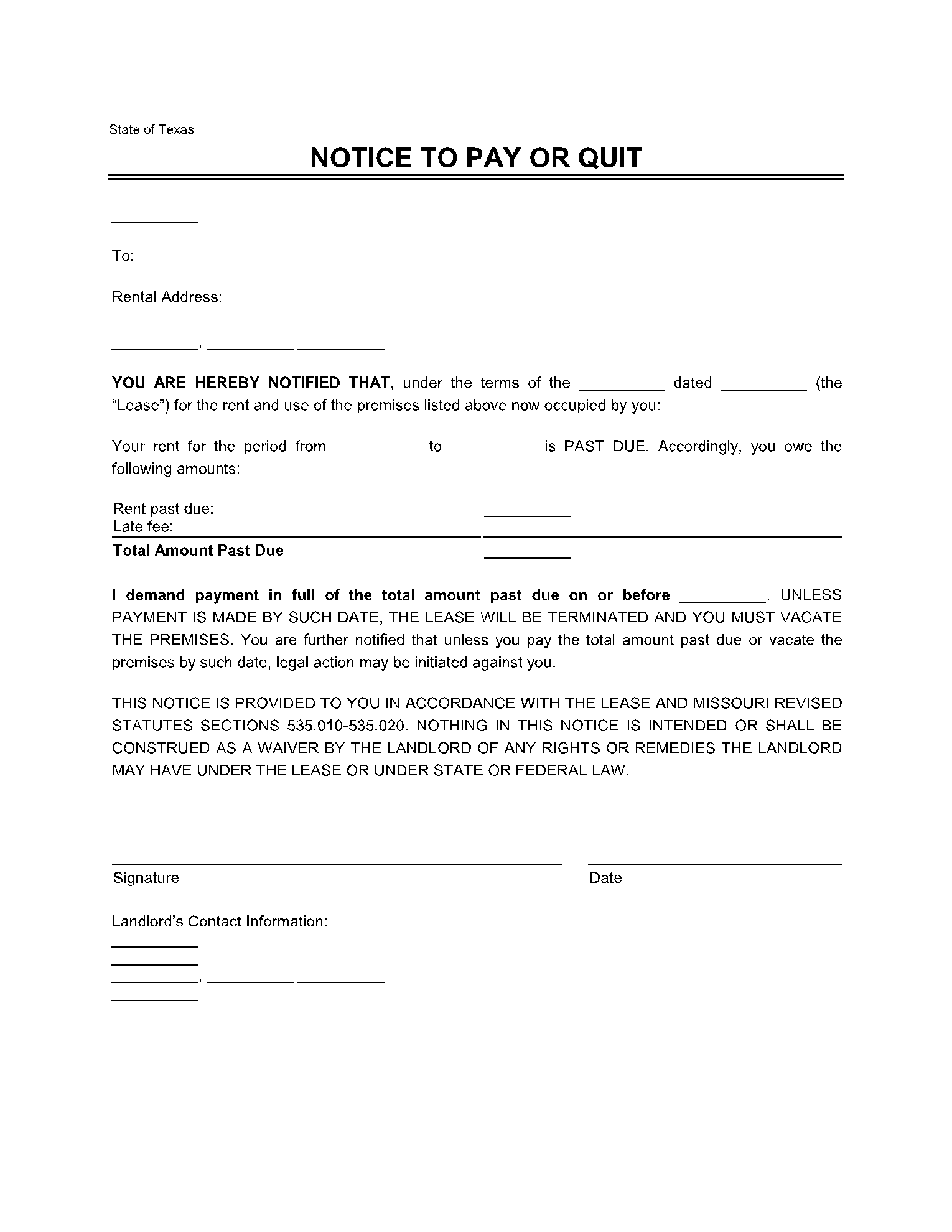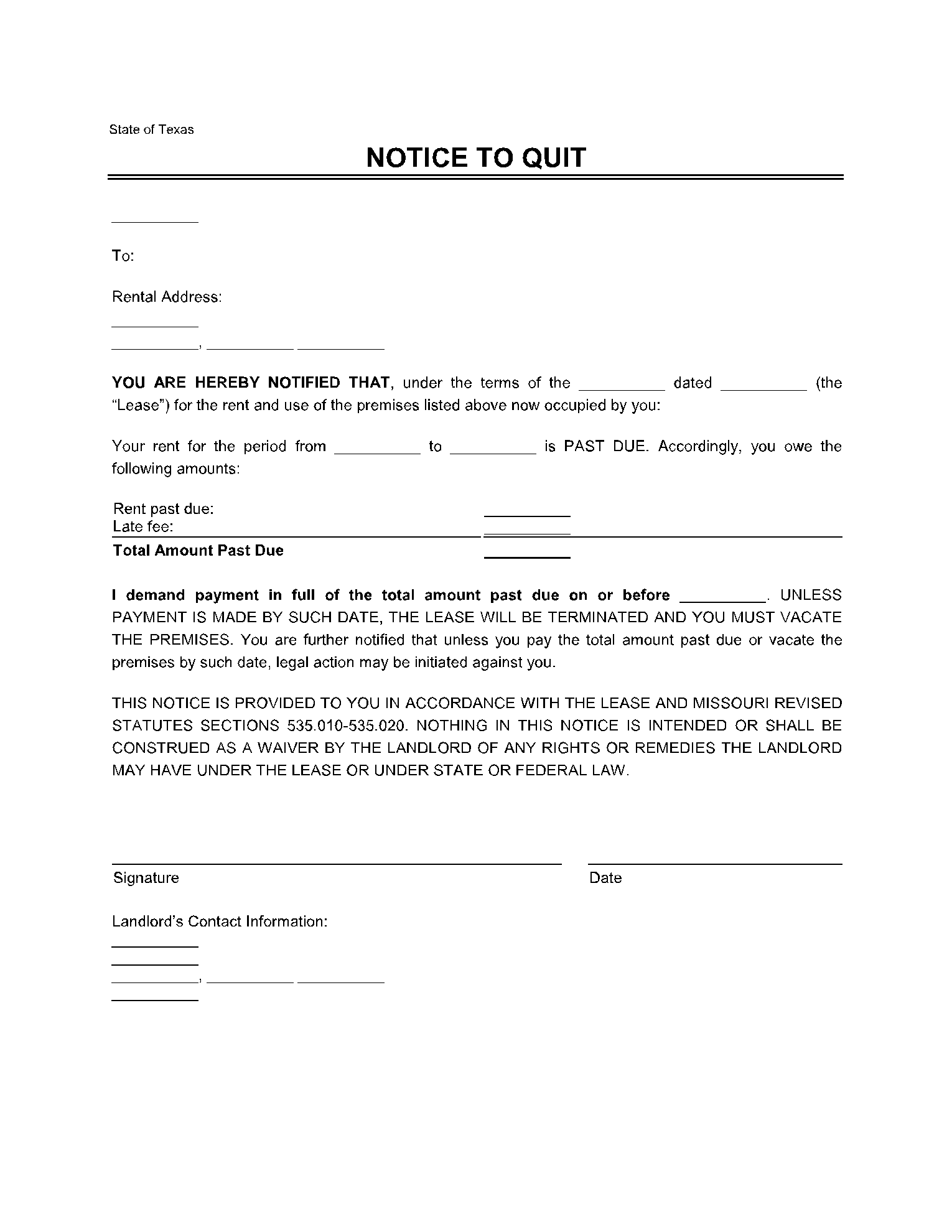Being a landlord is not an easy task. On top of buying and renting responsibilities, you also have to keep a check on your rented properties. This is to ensure that the tenant hasn’t caused any damage to your property or violated any rental agreement rules.
You would then need the tenant to make up for that by setting certain legal grounds that map out the consequences of violating the agreement. An eviction notice is such a notice that is sent by the landlord to the tenant that illustrates the violations of the agreement and the current call to action.
What Are the Different Types of Eviction Notices?
When an eviction letter is received by the tenant, he is provided with a specific number of days and a specific action to perform under the situation. Depending on the situation, a landlord may ask the tenant to comply with the situation to "make it right." Such a notice is called curable notice.
In another case, the landlord may simply ask the tenant to vacate the building on legal terms. This type of notice is called incurable notice. These notices make up for four types of eviction form:
- Illegal Activity Notice: The illegal activity notice functions to cease the contract between the tenant and landlord.
- Notice to Pay or Vacate: This is the most commonly used eviction notice form. This is sent by the landlord to the tenant when the tenant does not pay rent on time.
- Month-to-Month Termination Notice: This type of eviction notice letter can be used by both tenants and landlords. It functions to cancel a tenancy for any reason the party may have. It may occur if the property is considered unsafe, requires renovation, or is being sold to another owner.
- Notice to Vacate or Comply: As the name suggests, this type of notice indicates to comply with the given conditions or vacate the property.
When Is an Eviction Notice Needed?
Initially, it is ideal if the issue can be resolved through a simple phone call without involving the court. If the landlord and tenant can resolve their issues related to the rented property, then there is no need to get a free eviction notice.
There may be a case where a tenant is always regular with his rent payment and was just unable to pay at a single incident. This could be due to some personal emergency. The landlord is advised to consider asking him about it. This would help them resolve the issue in a friendly manner without involving the court and save their time, money, and energy in the process.
However, if the disagreement has not been resolved, free eviction notices forms might be a good fit for the landlord. In this case, the landlord could ask the tenant to either comply with the situation or vacate the property by the specified date. If he fails to make up for either of the two choices, then legal action might be taken against him by the court.
What Should Be Included in an Eviction Notice?
For an eviction letter to be not only effective but valid as well, there are certain elements that it must include. These elements are:
- Parties the Eviction Notice is Applicable to: A 30-day notice to vacate or any general eviction notice must include the full name of the landlord and tenant along with their addresses.
- Reason for Eviction Notice: A notice to quit needs to include the reason or the need for the notice. The reason can be any violation of rental agreement such as an expired lease, termination of tenancy, or failure to pay rent, etc.
- Location of Rental Premises: The address that pinpoints the location at which the eviction is occurring needs to be provided.
- Call to Action: Here a reference is included to the lease, along with the name and date of the lease.
- The Notice Dates: Two types of dates need to be included. First, the date the notice is in effect until. Secondly, the deadline provided by the landlord for the tenant to pay rent or vacate the property.
Conclusion
The landlord may have to issue an eviction notice to the tenant in case the tenant has broken the rental agreement rules. The notice to quit explains what the tenant can do now, and he could either cure the problem or vacate the landlord's property by the due time.
